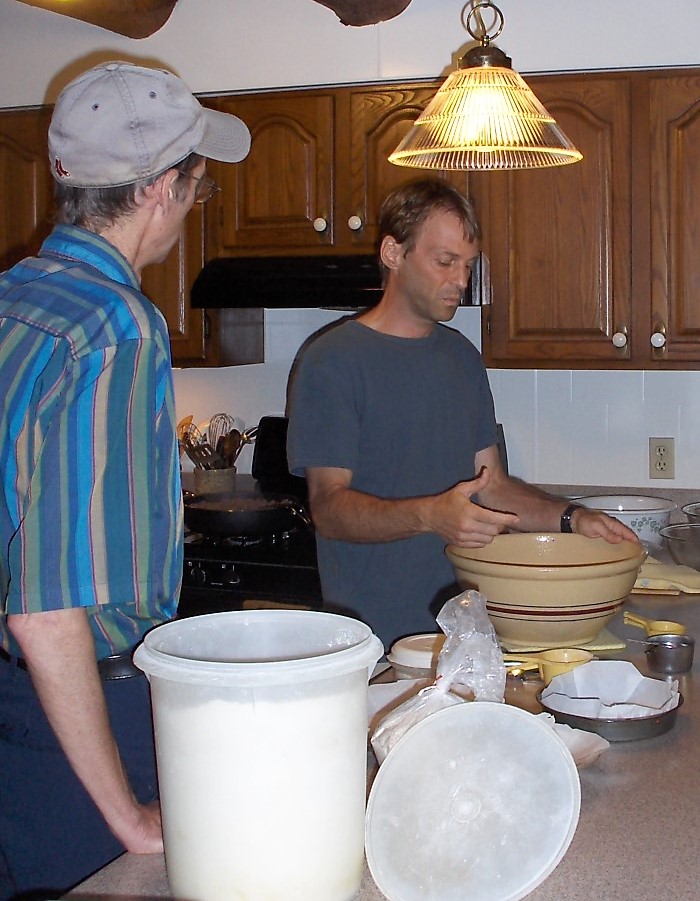For many years I’ve pondered the idea of working comtemplatively; what does it mean, what does it look like, what does it feel like? These questions bring to mind Jim Schwartz, the carpenter who renovated St. Joseph’s Barn in the late 1980’s. I wasn’t here when he was doing that work but I did observe him many years later doing repairs here. Jim worked with a smile and a song. He took his time, working ever so carefully and thoughtfully. He stopped working every day to eat lunch. As quitting time approached, he cleaned up his work site and headed home. He came back the next day and the next until the job was finished. Jim didn’t work to be done with his work, he worked because it is a worthwhile part of life.
Through pondering, noticing and practicing, I have identified three qualities that begin to define for me what it means to work contemplatively, presence, care and perseverance. First is being present to the work with a singular focus. This means releasing all the other wonderful things that I could be, and perhaps would rather be, doing. Indeed, these things will have their time of attention, but not right now.
Second, is exercising great care with the task at hand. This usually requires the elimination of hurry. I recall wiping the kitchen counter while cleaning up after a meal and I was moving so fast that I bumped the peanut butter jar and sent it flying across the room. Now my work increased; I had a much bigger mess to clean up (and more peanut butter to buy).
Third, is persevering in a task instead of quitting along the way for something more enticing. There’s an ancient Rabbinic saying that goes, “You are not obligated to complete the work, but neither are you free to desist from it.” This suggests to me that getting the job done is not the goal, rather doing the work is the goal. And in doing the work we will most often come around to getting the job done.
In the early years of my being at The Hermitage I had the thought that work could be likened to what Jesus said about the poor, “the poor you will always have with you.” Work we will always have with us. What an abundance of opportunities we have to practice working contemplatively.

